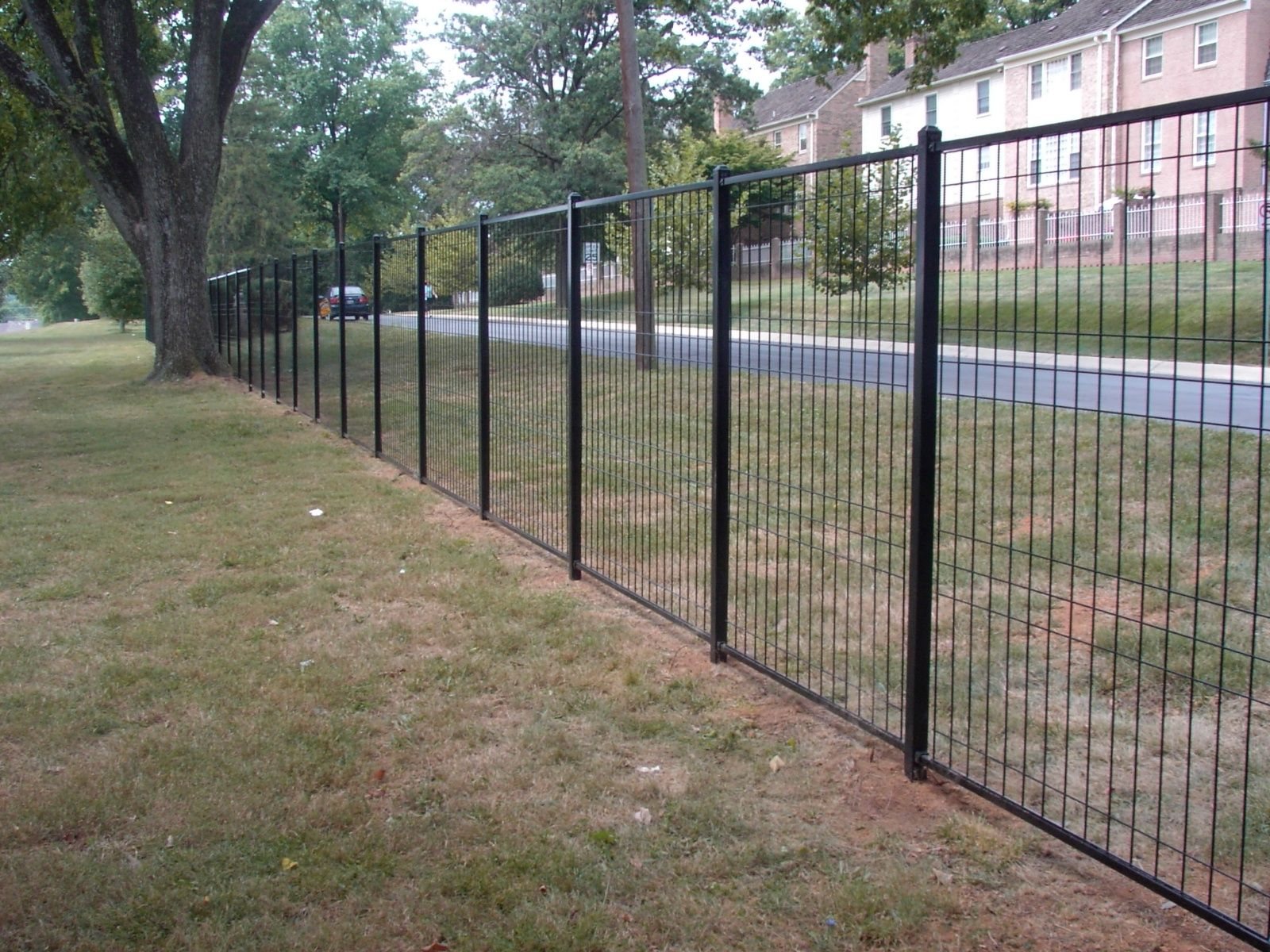Understanding the Cost of Noise Barrier Walls
Noise pollution is an increasing concern in urban areas, prompting many governments and organizations to explore effective solutions. One widely adopted method is the installation of noise barrier walls, designed to mitigate sound from highways, railways, and industrial zones. While these structures serve a crucial purpose in enhancing the quality of life for those living in proximity to loud environments, understanding the costs involved is essential for informed decision-making.
The cost of noise barrier walls can vary significantly, influenced by factors such as the material used, design specifications, height, length, location, and installation complexity. Typically, noise barriers can be constructed from various materials, including concrete, wood, metal, and composite materials. Here’s a breakdown of these materials and their associated costs
1. Concrete Barriers Concrete is often the most common material used for noise walls. Its durability and effectiveness in sound attenuation make it a popular choice. However, the cost can range from $20 to $45 per square foot, depending on thickness and design.
2. Wooden Barriers Wood can provide an aesthetically pleasing option while also effectively reducing noise. Costs typically range from $15 to $30 per square foot. However, wooden barriers may require more maintenance than concrete, as they can be susceptible to weather conditions and pest damage.
3. Metal Barriers Metal noise barriers, often made from steel or aluminum, can be more expensive, ranging from $25 to $50 per square foot. They are usually more durable and require less maintenance; however, their effectiveness can vary depending on the design and installation.
4. Composite Materials These innovative materials combine the benefits of various substances to maximize noise reduction and durability. The cost for composite noise barriers is generally higher, around $30 to $60 per square foot, but they often outperform traditional materials in terms of sound attenuation and longevity.
Additional Cost Factors
noise barrier wall cost

Beyond material types, there are several other cost considerations associated with noise barrier installation
- Height and Length The taller and longer the barrier, the higher the cost. Most noise barriers are around 8 to 20 feet high. A higher barrier may be needed in areas with significant elevation changes, increasing material and labor costs.
- Site Preparation The terrain where the barrier will be installed can greatly affect costs. Rocky or uneven land may require extensive site preparation, driving up labor and machinery expenses.
- Permitting and Regulations Depending on the location, specific permits may be required for construction, which can add to the overall expense. Compliance with local zoning laws and regulations can also influence cost.
- Installation Labor costs can vary significantly based on location and the complexity of the installation process. Skilled labor is often necessary, especially for larger projects, which can further increase expenses.
- Maintenance Over time, barriers may require repairs or replacement, particularly for those made from materials like wood. It’s essential to factor in the long-term maintenance costs when budgeting for a noise barrier.
Conclusion
The decision to install a noise barrier wall not only reflects the need to combat noise pollution but also involves careful financial consideration. With costs ranging widely based on material, height, length, and site-specific factors, it is essential for stakeholders to thoroughly assess their options. By understanding the various elements that influence the cost of noise barrier walls, municipalities and developers can make more informed choices that balance effectiveness with budgetary constraints, ultimately enhancing the quality of life in our communities.
-
Steel Walkway Grating Prices Explained: Essential Insights for Industry and Infrastructure
NewsNov.24,2025
-
Comprehensive Guide to Steel Grating Price and Its Global Impact
NewsNov.24,2025
-
Understanding Heavy Duty Steel Grating Price: Global Insights & Industry Trends
NewsNov.23,2025
-
Essential Guide to Wire Mesh Grating: Uses, Benefits & Innovations
NewsNov.23,2025
-
Welded Steel Bar Grating: Durable Solutions for Industrial Walkways & Infrastructure
NewsNov.22,2025
-
Wedge Wire Drain Solutions: Durable, Efficient Water Filtration and Drainage
NewsNov.22,2025
Subscribe now!
Stay up to date with the latest on Fry Steeland industry news.

